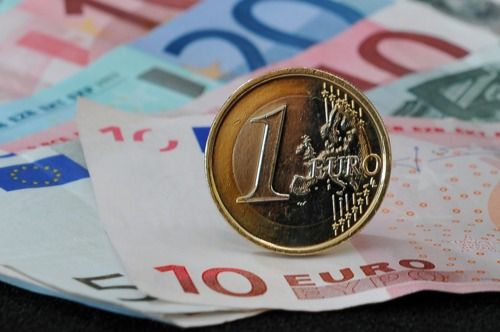The loudest reactions to the increased Spanish investment in Telco, the largest shareholder in Italy’s Telecom, have been negative. The unions are worried about the possible loss of jobs; politicians, especially those on the right, don’t like the idea of “foreigners” controlling Italy’s telecommunications; ordinary onlookers are wondering how Spain, supposedly in a worse economic state than Italy, could have got its hands on Italian telephones lines.
Not many have voiced the opposite view; that Italy is lucky to have found someone so close to home (a European Union partner no less) to invest in the heavily indebted Telco.
After all Italian investors weren’t prepared to do so. Telefonica’s offer came only after Italy’s state-owned Cassa Depositi e Prestiti had given Telco the cold shoulder, refusing to inject new capital, and its main corporate Italian shareholders, Generale, Intesa Sanpaolo and Mediobanca, didn’t think it was worth putting up more money either. It could be said that Telefonica stepped in just in time, probably because the price was right, but also because Telecom’s subsidiaries in Brazil and Argentina are attractive. With these in its portfolio Telefonica becomes the major operator in the South American market.
Telco is only the most recent of a number of Italian companies that have ended up in foreign hands. Banks, fashion houses, luxury goods, jewellers, food chains, airlines have all attracted foreign investment in recent years. It’s not nice to see the family jewels up for auction but the alternative could be worse. What if no-one wanted to bid for them?
A key test is on the way. In the next few weeks Air France-KLM will be deciding whether or not to increase its stake in Alitalia.
When the French-Dutch partnership took its 25 per cent in the ailing Italian airline in 2009 both its domestic and overseas routes (especially South America) looked attractive.
Since then the picture has changed. Lufthansa is making in-roads into the domestic market and according to the Wall Street Journal Ryanair and Easyjet now have more flights departing from Italian airports than Alitalia. On the ground high-speed trains are also creaming off passengers on the once-vital Rome-Milan air route.
Alitalia has clocked up losses in the first quarter, is short of cash and needs capital investment. In addition Italian corporate shareholders, whose holdings have been frozen since the sale to Air France-KLM in 2009, will be free to sell their shares as from October. They could make a bolt for the exit and Air France, which has its own problems at home, could decide that Alitalia isn’t as attractive as it once was. What then?
Italy’s prime minister, Enrico Letta, has been travelling abroad this week trying to persuade audiences in north America that Italy is an attractive place to invest. But back at home there doesn’t appear to be much of a welcome.
Budget uncertainties still remain. Revenue options are running out and new spending cuts are hard to find. Indecision over taxation (will the sale tax IVA go up to 22 per cent next week and what will property taxes be at the end of the year?) is beginning to be as detrimental for the economy as tax evasion itself. Add to this the political uncertainty (how much longer can the grand coalition of the Partito Democatico and the Popolo della Libertà hang together?) the real Italian miracle is that anyone wants to invest in the country at all.
Mary Wilsey
See related news

























